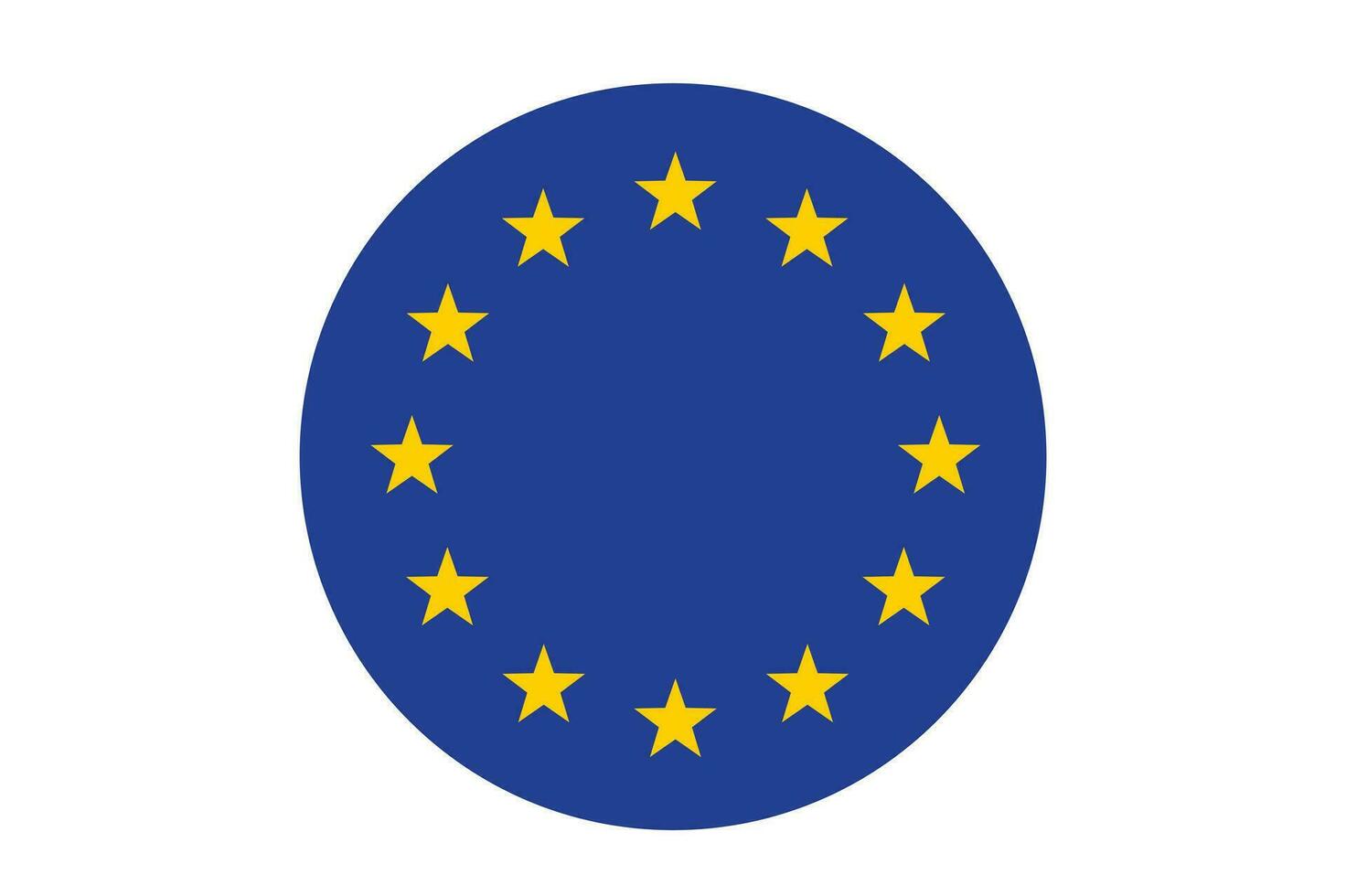Terrorist financing refers to activities aimed at providing funds for terrorist actions. Unlike money laundering, which focuses on hiding where money comes from, terrorist financing is about hiding where the money is going. It can also include supplying goods or services, such as sharing information or providing materials for an attack.
Terrorism is defined by FINCEN as pursuing goals or carrying out acts intended to seriously intimidate all or part of a country’s population or to unlawfully force a government or international organization to act, refrain from acting, or accept certain conditions. It also includes seriously disrupting or destroying the core political, constitutional, economic, or social structures of a country or international organization, often through violence or threats against human life.
While money laundering involves hiding the source of the money, terrorist financing involves hiding where the money is being sent.

Article 421 of the Dutch Criminal Code makes terrorist financing a criminal offense in the Netherlands. This law prevents terrorists from accessing resources for their activities and helps protect security in the country. It is illegal to provide money or other resources to persons or organizations listed on national sanctions for terrorism. Penalties such as imprisonment may be imposed depending on the severity of the offense and the circumstances.
Recognizing Terrorist Financing
Terrorist financing can take many forms and be difficult to detect. Examples include:
Someone withdrawing or donating cash to buy materials for explosives
Raising funds for charity but diverting some proceeds to finance attacks or terrorists
Business leaders channeling subsidies to suspicious organizations or individuals
Using digital payment methods like e-wallets or cryptocurrencies to move money for terrorist activities
Sending money to relatives abroad that is then passed on to terrorist groups
© FINCEN Nederlands 2026

Part of the European Union